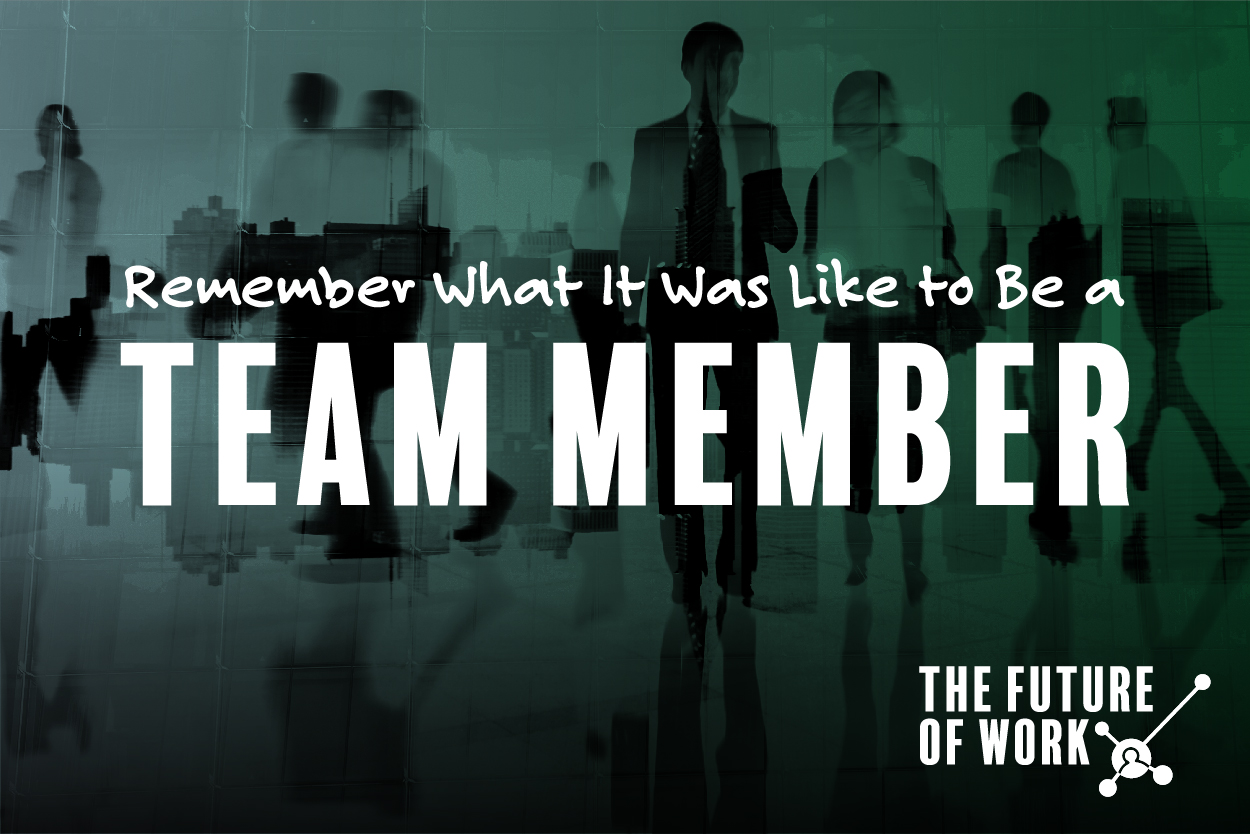by Kevin Eikenberry
As a leader we need to understand the expectations and needs of our team members. As a new leader, especially if we were promoted from within the team we now lead, that should be an opportunity – we have walked in those shoes, and likely have a sense of the wants and needs of those we now lead.
Remembering and applying those lessons is important and helpful; assuming you know people’s expectations is not.
There are two major flaws in the “I’ve walked in their shoes” reality and mentality:
- Not everyone is the same. Just because you had certain expectations when you were on the team, doesn’t mean everyone else has the same ones. People are similar and yet different in important ways. Plus, you are different because you likely saw the world differently. After all it was you and not your peers that got promoted.
- Expectations keep changing. If you think the pandemic hasn’t had an impact on employee expectations, both globally and individually, you are wrong. My colleague Wayne Turmel wrote about this on the Remote Leadership Institute blog. It is worth a read. The pandemic notwithstanding, the longer we have been out of a role, the more the expectations and experiences of the group change. The best leaders don’t rely entirely on their past knowledge.
So, while we can and should remember what it was like to be a team member, we must continue to pursue, understand and yes, ask people what they want and need in their work and from us. When we do this we improve the chances we will succeed.
As organizations, we need to heed and help leaders at all levels, understand these expectations so they can adjust, build skills and succeed in the future of work.
As a new leader you need to be thinking about culture creation in the future of work. If you want to be prepared for what it will look like and how you, your organization and team can succeed in it, sign up for our Future of Work Newsletter. It will help you work and lead more effectively in this new world of work. Subscribe now for free!


0 comments